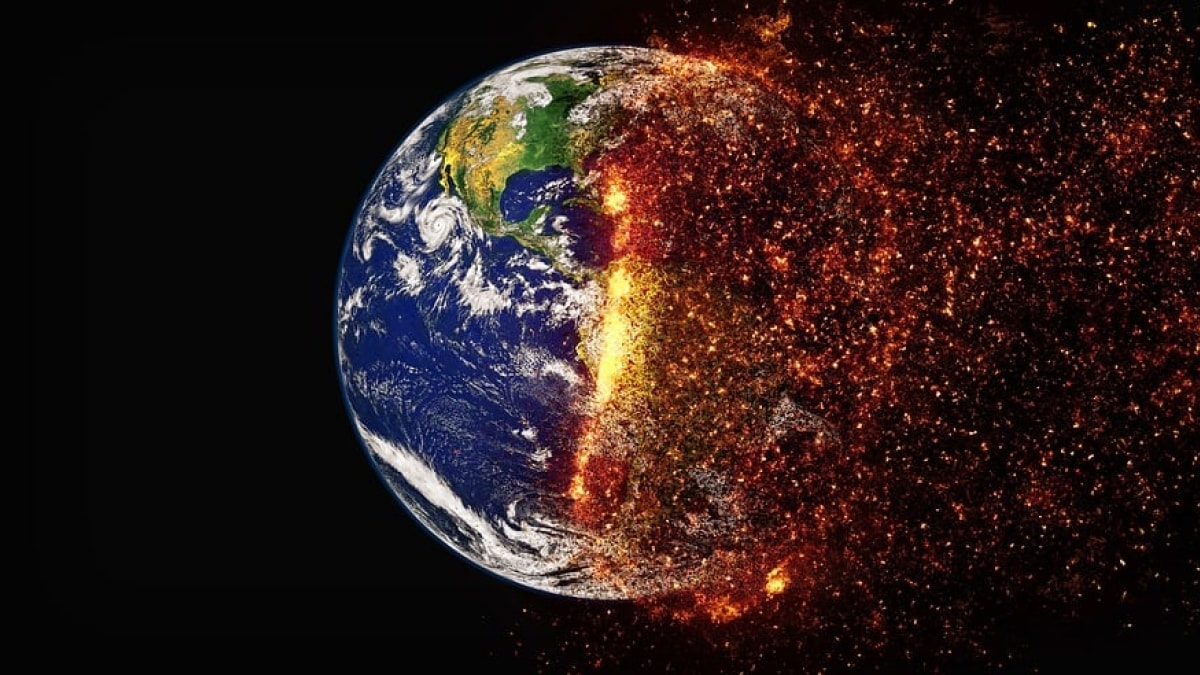
A significant portion of Earth’s biodiversity faces extinction by the end of the century if current greenhouse gas emissions continue unchecked, according to findings published in Science on December 5. The study, which reviewed over 450 research papers spanning 30 years, highlights the escalating threat climate change poses to global species, particularly amphibians and those in mountain, island, and freshwater ecosystems. The analysis draws attention to the urgent need for targeted conservation efforts and stricter climate action.
Climate Change and Rising Extinction Risks
The research, conducted by Mark Urban, a biologist at the University of Connecticut, analysed the impact of various warming scenarios on species survival, as per reports. The findings suggest that maintaining global temperature increases below 1.5 degrees Celsius, as outlined in the Paris Agreement, could limit extinction risks. However, a rise of 1.5 degrees Celsius could still place approximately 180,000 species — 1 in 50 worldwide — at risk of extinction.
The study warns that if temperatures increase by 2.7 degree Celsius, the risk doubles, with 1 in 20 species potentially facing extinction. Higher warming scenarios, such as a 4.3 degree Celsius rise, project a nearly 15 percent extinction rate, escalating to almost 30 percent if temperatures climb to 5.4 degree Celsius.
Amphibians and Ecosystem Vulnerability
According to Urban, in a statement, amphibians are particularly vulnerable due to their reliance on stable weather patterns for their life cycles. Ecosystems such as those in South America, Australia, and New Zealand are also identified as hotspots for extinction risks because of their isolation, making migration and adaptation difficult for native species. He told Live Science that ecosystems like mountains and islands are especially affected because surrounding habitats are often unsuitable for migration.
Call for Policy and Conservation Action
The study underscores the necessity of global policy efforts to curb emissions and protect ecosystems. Urban emphasised that the findings eliminate uncertainty about climate change’s impact on species extinction, urging policymakers to act decisively.



